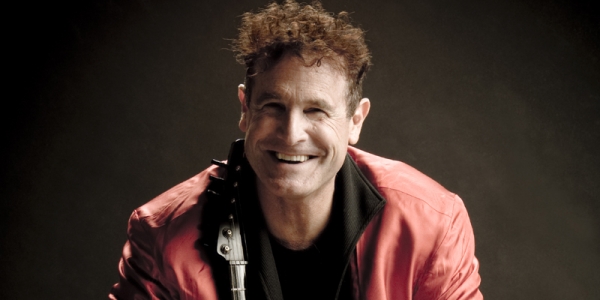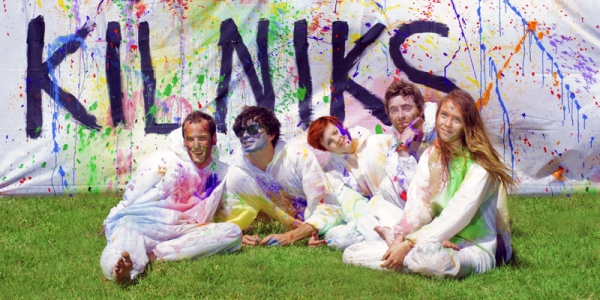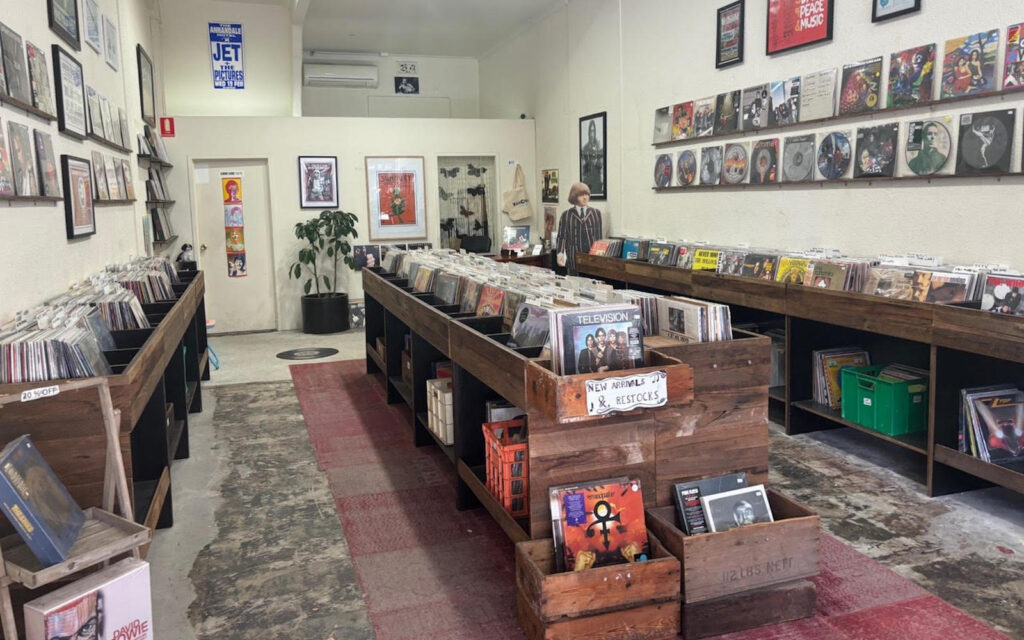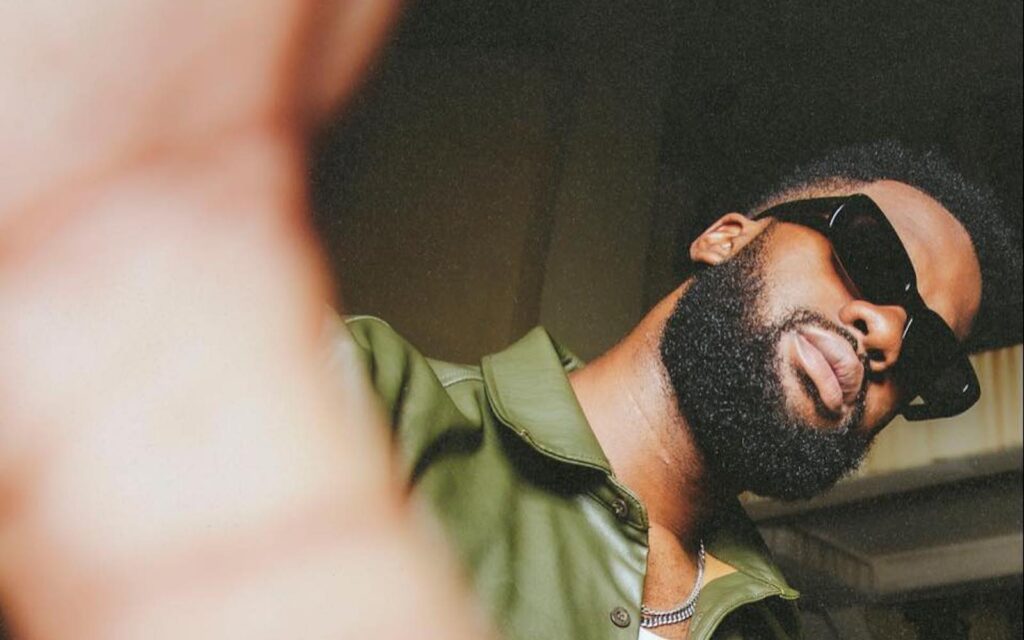Clegg was also enjoying incredible fame in the late ‘80s, but did so without any support from commercial radio, a direct contrast to the astronomical fame of Jackson. Clegg sold over two million albums in France alone in 1988, a fact which speaks to his cast popularity not just in his native South Africa, but worldwide. Combining a traditional Zulu-influenced approach with an array of other worldly influences, Clegg has always enjoyed a successful career as a performer. While Jackson may have had an elaborate stage show, Clegg has always understood the key to performing. And it’s a lesson he learnt long ago.
“Aesthetically speaking, I come from a township exhibition background. My performance is very influenced by the township. And the township people say, ‘We’ve come to see your music, we haven’t come to hear your music.’ And in that tradition, regardless of the kind of music you played in the township in the ‘60s and ‘70s, you will always have a physical embodiment of the music.”
“Bands will always have a team of dancers,” continues the Grammy-nominated 58-year-old from his home. “There will always be choreographed steps and something will always be happening that will be funny. You have to get the audience to laugh, or get them involved. It’s the aesthetic of sharing how the band feels the songs in their own body. It’s about what the song means to them. And as a performer and in the band, we try to bring a strong energy that’s reminiscent of those early performances.”
It’s an energy that has continued throughout Clegg’s five decades as a performer, both solo and with his past groups, Savuka and Juluka. Considering the ups and downs Clegg has experienced in his career, from being banned from airplay on the state owned SABC and subsequently arrested for performing in a racially-mixed group to then being named as no. 23 in a ‘Great South Africans’ program on the same network that banned him, Clegg remains remarkably jolly in conversation.
“I’ve never really had a plan,” he says, when asked if his career has progressed the way he hoped it might. “I’ve just responded to circumstances around me. I’ve found myself touring Europe, touring America, touring Canada, though I’m still something of an alternative artist. I’m definitely not a musical star. My music isn’t played on any commercial radio stations in the world because it can’t be put into a package. I mix languages, I mix musical forms. I know that’s something I’ve had to deal with. But perhaps that’s why I enjoy playing live so much, because I control what I do. I’ve never really had a sense of, ‘Well, if this doesn’t happen, then I’m going to stop playing.’ Because you know, I’ve never really known what’s going to happen next.”
With 21 studio albums and four live albums under his belt, Clegg seems perfectly content to roll with the punches. He looks to his past as an sign of not only how unpredictable his career has been, but also he plans to combat that unpredictability.
“What happened to me in 1988 in France was an indication of what was possible: we were the biggest selling foreign act in France throughout 1988-89. Outselling Michael Jackson and Madonna, together. We sold 1.3 million copies of our first album and 900,000 of the second in 18 months. We could have never known something like that was possible. An experience like that has proved to me that I’m never going to know what’s possible. You just have to tour. Play to any audience you can.”
As Clegg continues to perform to a variety of audiences, so too will he expand on his ability to write about a variety of topics. Never one to shy away from political or controversial topics, Clegg’s approach is a truly benevolent one. He’s always appreciative of whatever success he’s granted and he’s always already to give credit where it’s due.
“I write about a lot of different subjects. I’m a broad writer. On this latest album, I’ve got a song dedicated to Ted Kennedy. He came to South Africa in 1986 and he changed a lot of people’s lives, as far as getting things passed in the Congress. It was inspiring, and he died in 2009. I saw the whole funeral, and I remembered him speaking. It was so powerful and I just felt like I had to write a song for him. Perhaps I write about issues that people wouldn’t normally put into songs.”
BY JOSHUA KLOKE







